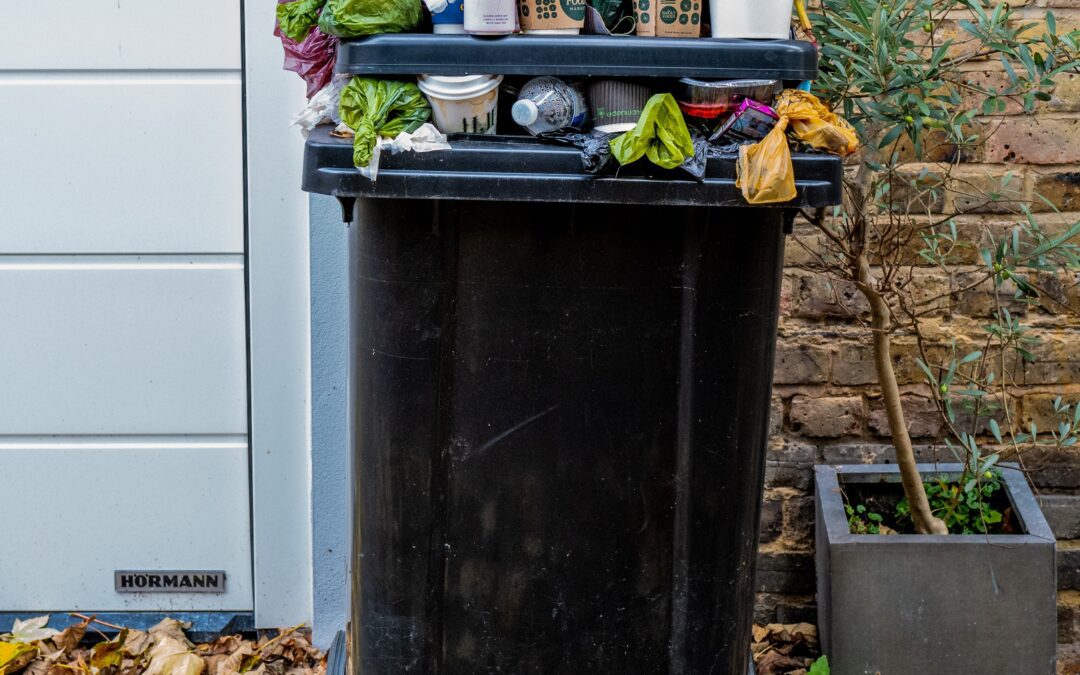Disminuir nuestro uso de plástico
La basura es algo que forma parte de nuestras vidas, y aunque no producirla es casi imposible hoy en día, reducir nuestro consumo sigue siendo una opción. Uno de los mayores problemas es el plástico. Y resulta que también es extremadamente útil. Desde ayudar a mantener nuestros alimentos más frescos hasta limpiar el desorden, seguro que acaba en tu despensa y luego en la basura. Casi un tercio de todos los residuos de plástico acaba en nuestros océanos o en los vertederos, donde se descompone y deja sustancias químicas tóxicas que acaban llegando a nosotros.
Las toxinas del plástico pueden provocar daños celulares, enfermedades cardiovasculares y colesterol alto. Y para colmo, la mayoría de estos productos son de un solo uso. Si le das a los productos mucho uso, estás reduciendo su huella de forma significativa. Aquí tienes algunas formas de ayudar:
- Invierte en una botella de agua y una pajita de alta calidad. Así la rellenarás siempre y, en caso de necesitarla, tendrás tu propia pajita reutilizable.
- Guarda tu comida en recipientes de vidrio. Hubo toda una polémica sobre el BPA, que es una sustancia química que contienen los plásticos y que actúa como disruptor endocrino. Y el vidrio nunca absorberá los olores de los alimentos que contiene.
- Lleva tus propias bolsas reutilizables cuando vayas a hacer la compra.
- Deja de usar envoltorios de plástico. Aunque parezca muy versátil, en realidad no es tan necesario y no merece la pena por los riesgos que presenta.
- Sustituye tu esponja de cocina por un paño de algodón reutilizable.
- Replantea tu forma de comprar. La mayor parte de nuestro plástico viene en forma de envoltorios y es muy fácil de evitar tomando las decisiones correctas.
- Cocina en lugar de pedir comida para llevar, ya que siempre viene en envoltorios innecesarios.
Así que ahí lo tienes, el momento fugaz de la “necesidad” no se compara con las interminables consecuencias del plástico. Sé que puede parecer que realmente -necesitas- usarlo en la cocina, pero sus riesgos son demasiado elevados como para apostar por él. Fue un gran invento, pero no medimos sus consecuencias. Cambia a otros materiales, hay un montón.
Cutting back on plastic from home
Trash is something that is part of our lives, and even though not producing any is nearly impossible nowadays, reducing our consumption is still an option. One of the biggest problems is plastic. And turns out, it is also extremely useful. From helping keep our food more fresh to cleaning up messes, it is bound to end up in your pantry and then in your trash. Nearly a third of all plastic waste ends up in our oceans or landfills where it breaks down and leaves toxic chemicals that eventually reach us.
Toxins in plastic can lead to cellular damage, cardiovascular disease, and high cholesterol. And to top it all off, most of these products are all single-use ones. By giving products a lot of use, you are reducing its footprint significantly. Here are some ways you can help:
- Invest in a high quality water bottle and straw. This way you’ll always refill it, and in case of needing one, you have your own, reusable straw.
- Store your food in glass containers. There was a whole controversy on BPA which is a chemical plastics contain, that acts as an endocrine disrupter. And glass will never soak up the smells form the food it contains.
- Bring your own reusable bags when you go grocery shopping.
- Stop using plastic wrap. Even though it might appear to be very versatile it’s actually not that necessary and not worth it for the risks it presents.
- Replace your kitchen sponge for a reusable cotton washcloth.
- Rethink the way you shop. Most of our plastic comes form wrapping and it’s so easy to avoid by making the right choices.
- Cook instead of takeout, they always come in unnecessary packaging.
So there you have it, the fleeting moment of “necessity” does not compare to the never-ending consequences of plastic. I know it might seem like you really -need- to use it in the kitchen, but its risks are way too high to go for it. It was a great invention but we didn’t measure its consequences. Switch to different materials, there’s a ton.

